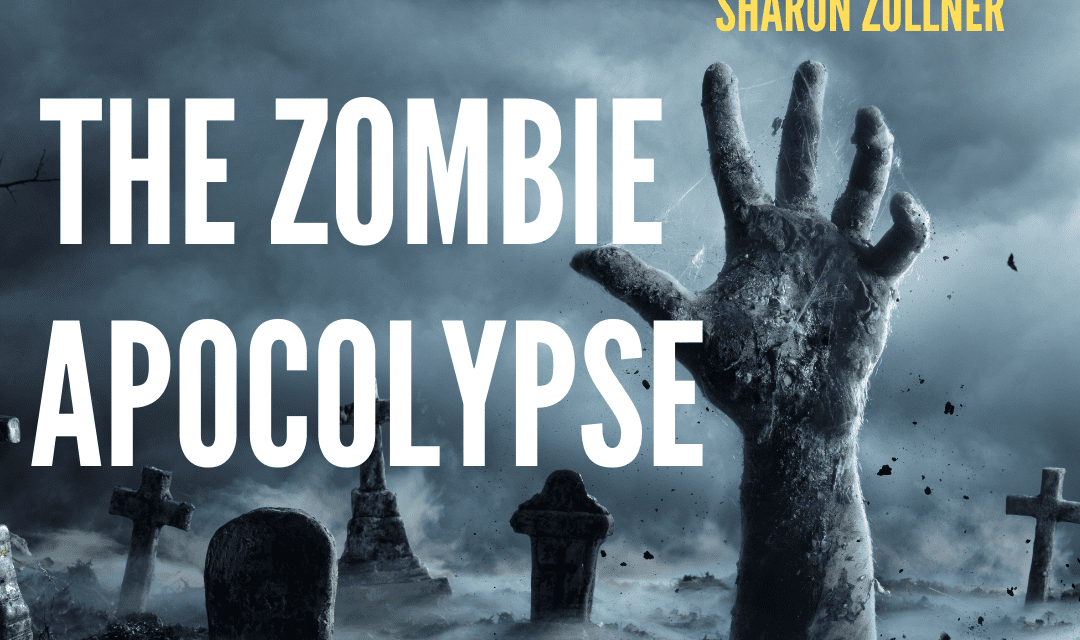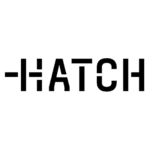Rise of the walking dead: Should we fear the coming zombie company apocalypse?
On many street corners this Halloween, you’ll spot zombies stiff with rigor mortis ambling about the streets in search of human flesh, another place to drink, or a bowl of sweets.
As most people know, a bad run in with a zombie can be fatal and ideally should be avoided at all costs.
While many people believe zombies to be the thing of myth, legend, and Halloween dress-up games, chances are you might have more to do with them than you’d think. Heck, you may own shares in one.
So here comes the term “zombie company” — an organisation stumbling around, unwashed and potentially beyond its use-by date, desperately looking to devour more debt.
“The basic idea is that it’s a company that’s really not doing well enough to survive in normal times, if money wasn’t free,” said Sharon Zollner, ANZ’s chief economist who joined me on the latest NZ Everyday Investor Podcast.
The wage subsidy, which indiscriminately emptied money into all kinds of businesses throughout the country, has allowed many firms to live out past their expected life span. Interest rates, which are getting dangerously close to negative territory, makes debt cheaper than ever. These two factors culminate in the perfect storm for the undead.
How to identify a zombie company
For investors, particularly more fresh-faced retail ones, the obvious question is how to spot these zombie companies. Unlike the dressed up zombies lurching around town this weekend, there aren’t a million giveaways, just one big one; debt.
First, you need to understand how much debt a firm is carrying, then, what it’s used for. Is it debt toward innovation, or debt just to keep their heads above board?
Then, you need to understand if they’re generating sufficient cash to not only cover costs and interest charges, but to repay the debt itself. If they’re on debt – life support, you may wish to start running.
Some of the lowest interest rates ever are responsible for creating these zombie firms. In the United States for example, we’ve been seeing a record number of investors piling into assets aptly known as ‘junk bonds’ in the hunt for a better yield. These high risk, high reward securities are issued by companies who run a strong likelihood of not being able to pay it back. This ‘toxic debt’ is offloaded often to people still clinging to the paradigm of ‘living off interest’. This may end poorly.
Are they worth keeping alive?
Historically in New Zealand, we’ve seen a natural inclination from policy makers to keep these debt-ridden companies alive. The art is in not allowing them to all hit the wall at once. In the medium to longer term however, it’s not a good thing to allow in our economy.
“The cost of them failing can be measured, but the cost of firms never starting up because those incumbents are sucking up the resources, that cost is unmeasurable; but it’s real,” said Zollner.
If I was to go zombie hunting here in New Zealand, I’d probably start in our tourism sector. When our borders closed, we watched an entire industry come to grips with a serious oversupply issue. There’s no way that excitable Aucklanders could ever make up for the shortfall of international visitors we would usually expect over our peak summer months.
In an efficient, free and productive market, companies should be allowed to die out. With death, we allow for other companies to grow in their place – it’s survival of the fittest and yes, it’s unpleasant. To avoid mass unemployment, I’d be hard-pressed to criticise the way the Reserve Bank has responded initially to this crisis, but at some stage, we do need to call the funeral director. This is the ‘we-can-still-be-friends’ method of breaking up with inefficient business.
What could a mass cull mean for everyone?
Debt is cheap as chips, wage subsidies have mostly run their course but have given millions to an unproductive section of the economy. The greatest fear now is that all of these zombies will all meet their maker at once.
“If we saw a sustained rise of inflation, we’d see a rise in interest rates, no matter what the banks do. Either way, zombies could all hit the wall at the same time,” said Zollner.
And this is where I’m scratching my head – what happens if/when interest rates increase? If money is cheap, and made readily available, it makes sense to take advantage of this as a firm and as an individual, especially when low rates seem to be highly correlated to rising asset prices. So I can only really see a few possibilities here: We’re either going to have a massive amount of defaults, or reliance on the sale of assets to reduce debt, or we’re going to see a transition into an alternative monetary system where a central bank digital currency replaces our debt-based money.
The forces of creative-destruction should be left to play out – but this time, due to the synchronised nature of the situation we now find ourselves in, what’s more valuable: Allowing for the efficient re-allocation of capital, or allowing businesses and employees time for a safe transition?
_________________________________________________________________
The NZ Everyday Investor is brought to you in partnership with Hatch. Hatch, let’s you become a shareholder in the world’s biggest companies and funds. We’re talking about Apple and Zoom, Vanguard and Blackrock.
So, if you’re listening in right now and have thought about investing in the US share markets, well, Hatch has given us a special offer just for you… they’ll give you a $20 NZD top-up when you make an initial deposit into your Hatch account of $100NZD or more.
Just go to https://hatch.as/NZEverydayInvestor to grab your top up.
__________________________________________________________________
The NZ Everyday Investor would also like to acknowledge the support of kōura.
Most people fixate on just fees or historical returns when trying to choose a KiwiSaver fund. But professionals know there’s the third, arguably more essential component to consider – asset allocation. kōura’s digital advice tools will build you a KiwiSaver portfolio that has the perfect asset allocation just for you. Of course you could also just choose your own KiwiSaver portfolio with them too. Give them a try and see what your ideal KiwiSaver asset allocation looks like for you.
___________________________________________________________
Like what you’ve heard?
You can really help with the success of the NZ Everyday Investor by doing the following:
1- Tell your friends!
2- Write a review on Facebook, or your favourite podcast player
3- Help support the mission of our show on Patreon by contributing here
4- To catch the live episodes, please ensure you have subscribed to us on Youtube:
5- Sign up to our newsletter here
NZ Everyday Investor is on a mission to increase financial literacy and make investing more accessible for the everyday person!
Please ensure that you act independently from any of the content provided in these episodes – it should not be considered personalised financial advice for you. This means, you should either do your own research taking on board a broad range of opinions, or ideally, consult and engage an authorised financial adviser to provide guidance around your specific goals and objectives.
_____________________________________________________________________________





